In most parts of the world, once the cold season creeps in, people automatically turn to home heating systems for warmth and comfort. Home heating systems are part of various appliances under HVAC (heating, ventilation, and air conditioning) systems. In this piece, we shall highlight all the nooks and crannies of home heating systems, including, what they are, their types, their benefits, and how to maintain them.
What is a home heating system?
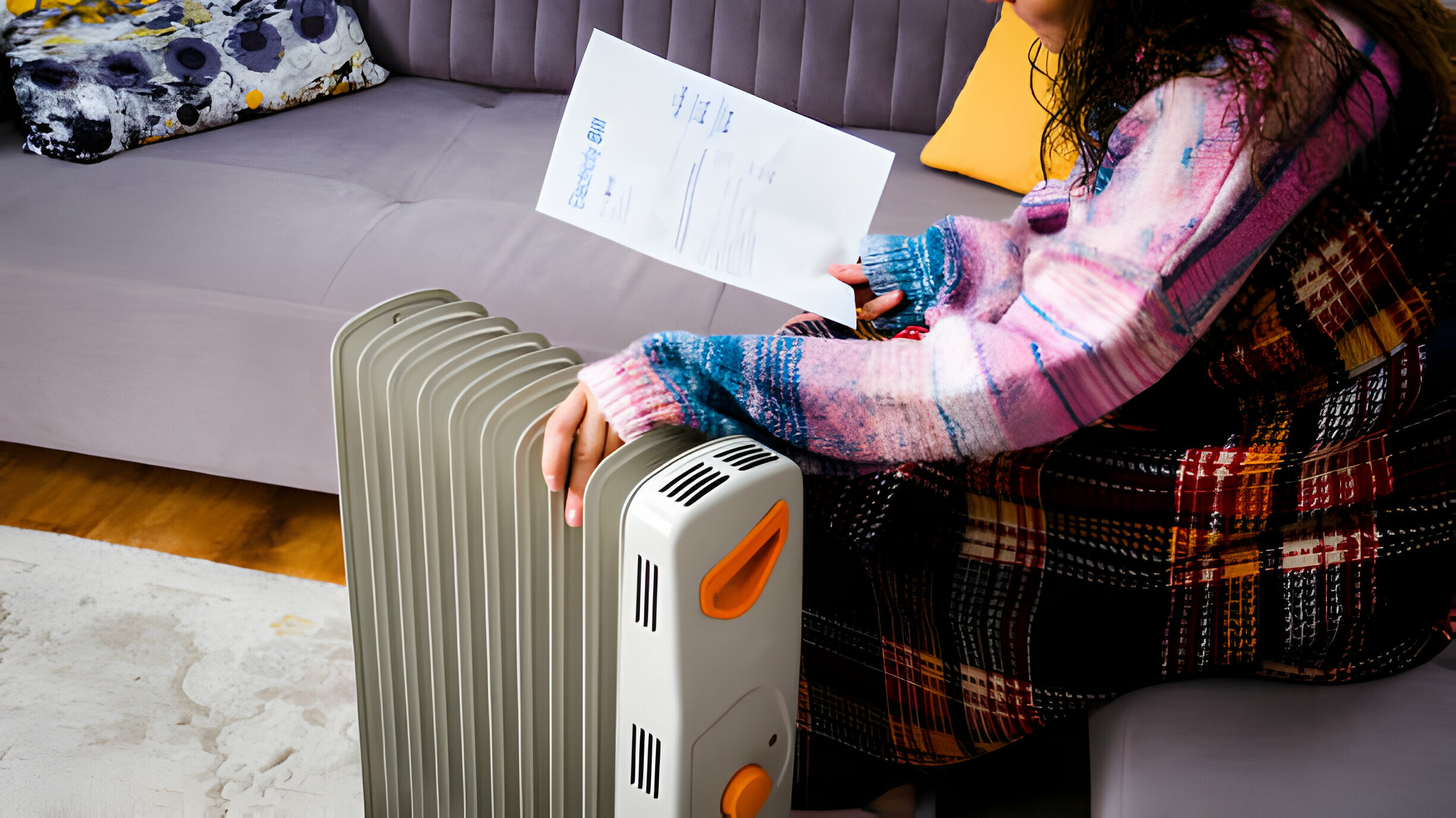
A home heating system is an appliance powered by fuel sources such as electricity, biofuel, solar or natural gas to generate thermal energy to keep a home, office, or any other dwelling place warm.
Benefits of installing a home heating system
The list of things a home heating system adds to a home is endless. Regardless of the season, home heating systems come in handy. Some of the benefits of having a home heating system include the following:
- Enhanced comfort
During the cold weather, when shivering and wearing layers of clothes outdoors is the norm, home heating systems raise the temperature indoors, making your home warm and comfortable.
- Health improvement
By incorporating technology such as filters, home heating systems can, in fact, help maintain healthier indoor air quality. They do so by reducing indoor air humidity and minimizing the growth of harmful microorganisms and moulds. Furthermore, they ensure that ailments emanating from the cold are also prevented.
- Saves energy
Modern-day home heating systems are designed to be energy-efficient. That helps save on energy consumption while also reducing your carbon emissions.
- Convenience
Most home heating systems offer automatic, programmed operation, whereby the unit turns on and off depending on indoor temperatures to maintain them at a constant level. You can set the temperature to a desired level and not worry about adjusting it throughout the day.
- Increases a home’s value
A high-quality home heating system in your home adds to its visual appeal and comfort. But more importantly, a high-quality home heating system increases the value of your home. That is especially helpful if you see yourself selling or renting out your home in the future.
- Offers multiple uses
Home heating systems come in multiple forms. Some home heating systems offer fantastic versatility because you can also use them as an air conditioners in the summer.
Types of home heating systems
Home heating systems come in various broad types, each with many variations. Here we shall touch on the general classes.
- Furnaces/ Forced air heating
Based on the popularity of this HVAC system amongst the masses, the majority of people have either seen a fan-forced heating system in action or heard of one. If you have yet to come across one, here is how they operate. This system uses a furnace with a blower fan which delivers warmed air to various rooms using interconnected ducts within a house through grill openings in different rooms. In addition, it has ducts to return cold air to the furnace. That set up of interconnected ducts makes it very efficient in use, and also, by heating the air rather than objects in a room, it raises the temperatures of space in a short time. It has a thermostat that turns the unit on or off to ensure a comfortable temperature.
Installing a new furnace in a home ranges from $4900 to $9400. However, the cost will depend on how big your property is. A larger property would require a stronger furnace to ensure sufficient heating, which translates to a more expensive unit. Whereas a regular furnace would be adequate for a medium-sized property, you would not need to go overboard with your budget. In the long run, furnaces are a worthy investment since, on average, they last at least 15 to 20 years.
Pros
- It can be installed with air filters and humidifiers
- It has the highest fuel utilization efficiency
- It is very durable
- It combines heating and cooling abilities
Cons
- Requires installation of ducts
- Without air humidifiers and filters, it can dry out the air in a room
- It warms the air rather than objects meaning the temperatures in a room drop fast
- Electric Space Heater
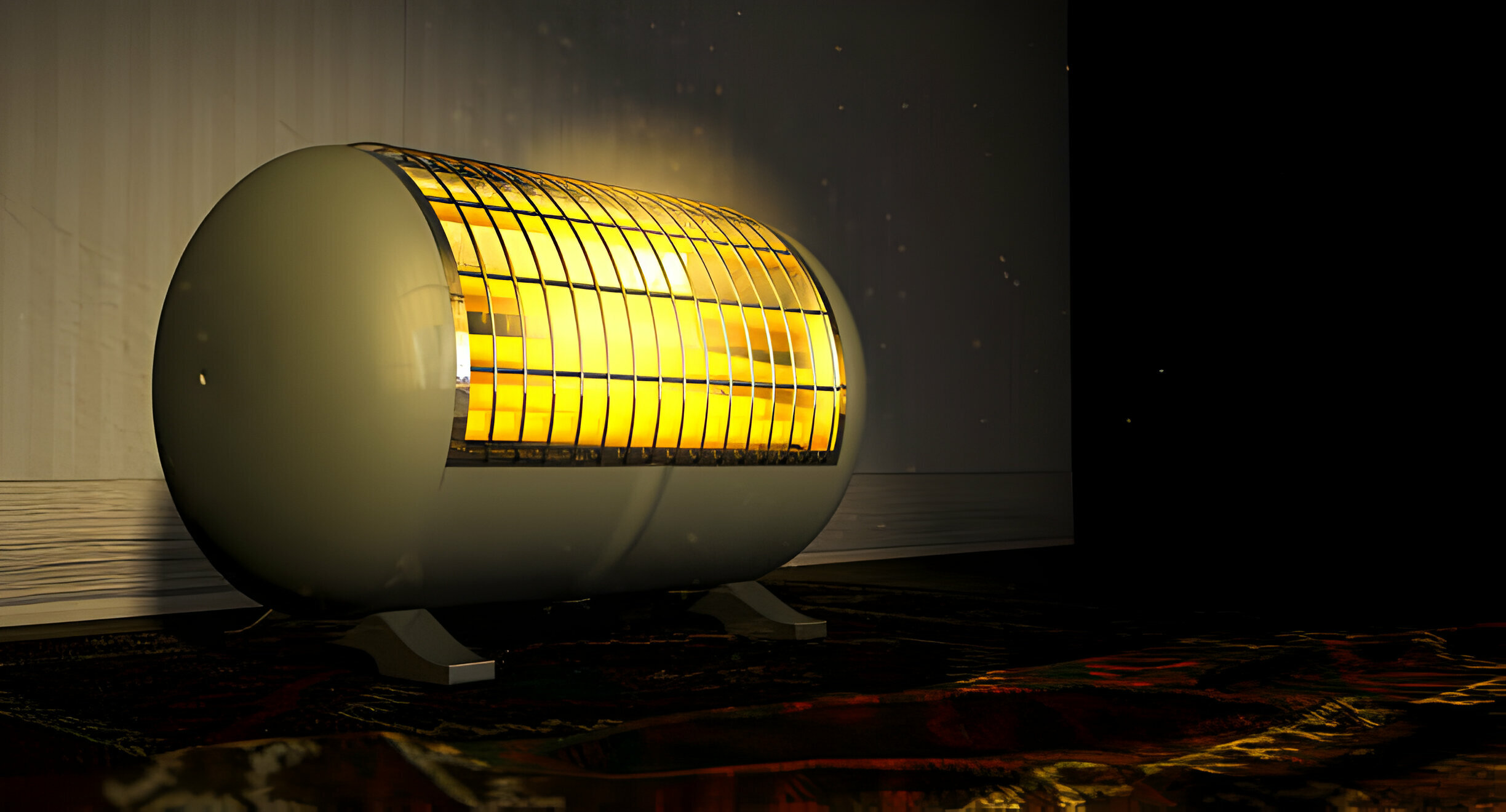
An electric heater is a home heating system ideal for homeowners living in areas with seasonal cold periods. That is because electric heaters provide temporary solutions for controlled and targeted heat almost immediately after being turned on. They are among the most affordable heating systems available.
Electric heaters convert electricity to heat, similar to how a toaster operates, and use an internal blower to spread warmth to a room. Alternatively, other units use infrared technology, which warms objects in front of the unit through radiation. Modern designs can be used as cooler making them useful even during warmer days.
Pros
- Affordable
- Offer instant heating
- Portable
Cons
- Only ideal for zonal heating and cant heat an entire house
- Not suitable as a permanent source of heat
- Active solar heating
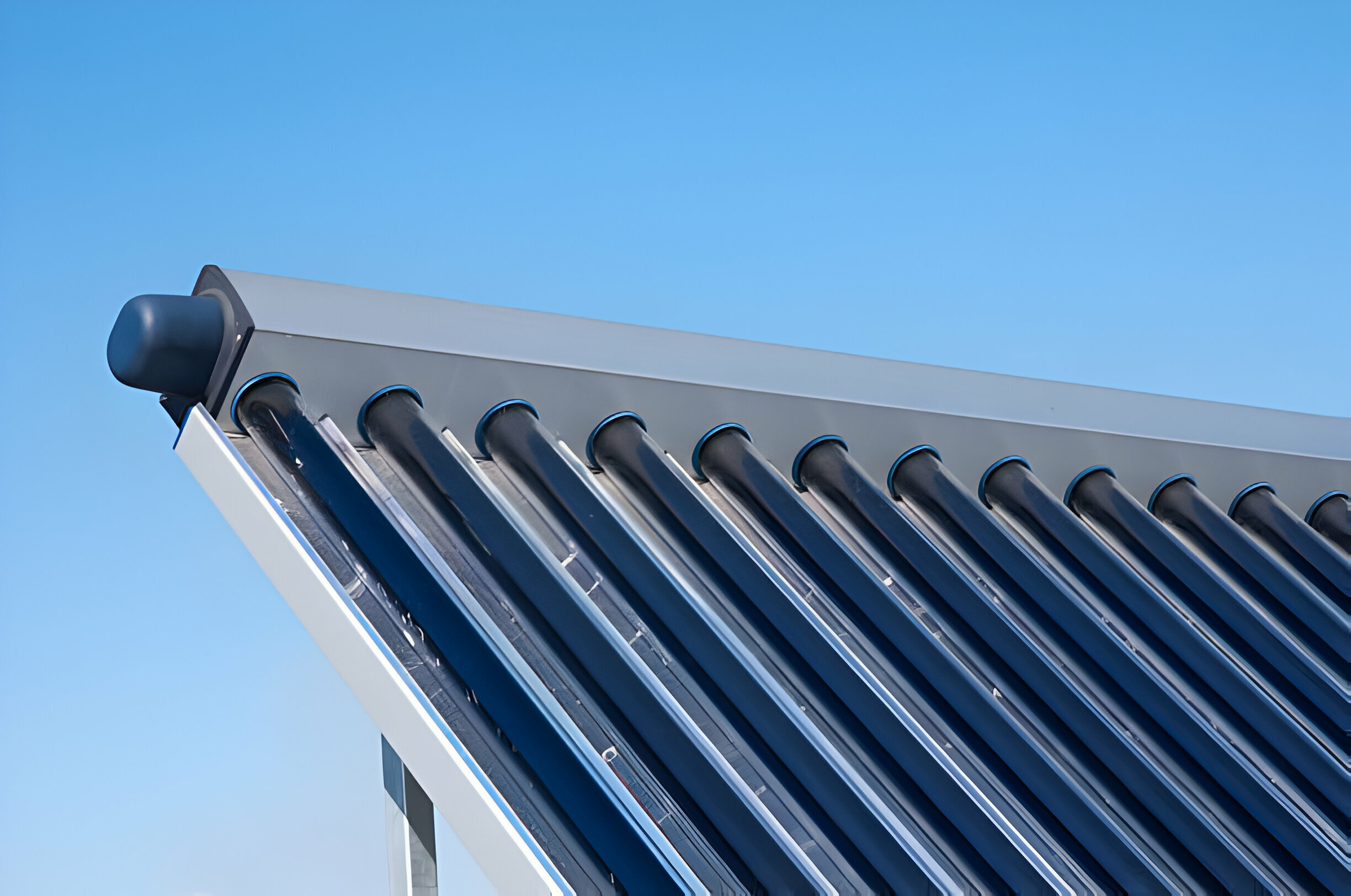
The active solar heating system collects and uses solar energy to heat a space. This system is made up of collectors, a distribution system, and a storage system.
The collector is made of a flat plate placed outdoors in the sunlight to absorb solar energy. Cold water is then pumped through the flat plate collector to absorb the solar energy and is returned to a tank. The warm water is then pumped through a heating coil. A fan blows air from the room over the heated coil. The heated air is then passed to the room to warm the room. Cool air in the room sinks to the bottom, and the heating process is repeated.
Nonetheless, active solar systems are not sufficient on their own. Hence they should be used with other home heating systems to be 100% efficient.
Pros
- It is an environmentally-friendly method of heating a house
- Has low maintenance costs
- Reduces fuel bills
Cons
- It has a high upfront cost
- Radiant floor heating
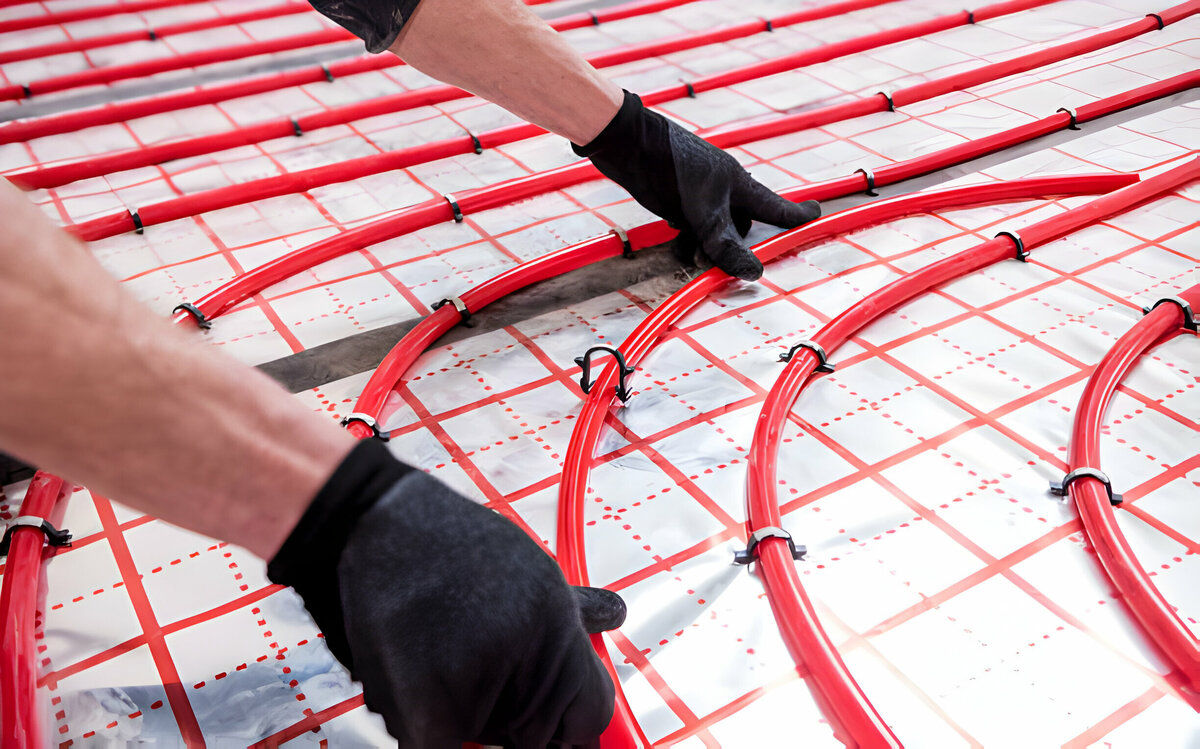
Radiant floor heating system uses infrared radiation from the hot surface to heat objects and people in the room directly. This system uses either plastic tubing with hot water or electric coils placed beneath the floor surface to heat a room from the ground up. It is more efficient than a fan-forced system since it eliminates the loss of heat in the ducts or blowing allergens into the room. Furthermore, this heating system operates very silently compared to all other systems.
Furthermore, this system can use different energy sources to heat the water in a unit that uses hot water to warm a room.
The downside of this heating system is its installation is costly, and its use limits the floor finishes and carpet options that can be used above it. That is because some carpets and finishes would cover the heat source, defeating the purpose of installing a heat source.
Pros
- Efficient (no heat is lost)
- It can be operated using multiple fuels (electricity, gas, wood, or solar)
Cons
- In case of a system malfunction accessing the piping within the flooring becomes a challenge and will require you to tear down the floor.
- Heat pumps
This system is among the emerging technology in home heating systems. It works by extracting heat in the outdoor space and using it to warm the indoors. Similar to how a refrigerator electrically converts warm air to cool air, this system removes heat from the air outdoors and delivers it indoors using an air handler.
Another popular form of a heat pump is the Ductless mini-split system which uses an outdoor compressor unit and an indoor unit to heat and cool a zone. Instead of water and air, this system operates using refrigerant lines. Highly flexible, they can be used as air conditioners during warmer periods.
Alternatively, heat pumps use heat from underground, which offers constant temperatures. This type is known as a geothermal heat pump. However, this type is less common because it is more costly than an air source heat pump. Its selling point is its efficiency and sustainability.
Electricity is used to move heat in a heat pump but not to generate heat. That said, a heat pump delivers more energy than the amount of energy it consumes.
Pros
- It does not require duct work
- It offers flexibility and can be used as an air conditioner
They are
- Efficient regardless of the temperature
Cons
- Unsuitable for areas with freezing temperatures since icing can damage the system
- It has a high upfront cost
- Boiler
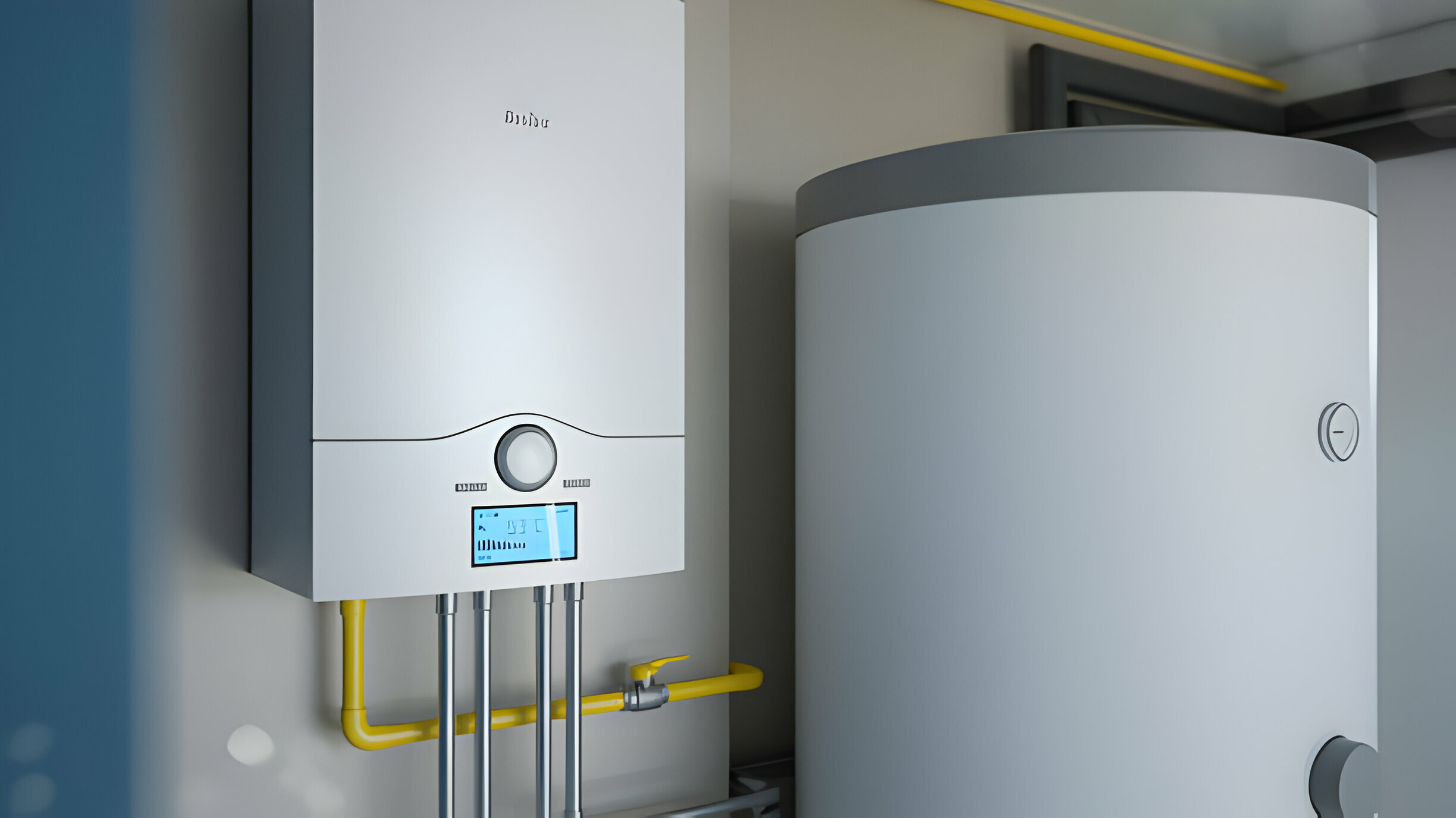
This system warms a house by heating water in a central boiler and circulating it around the house. The heating could be through natural gas, propane, fuel oil, or electricity. The heated water is moved through a network of pipes all-round the house to radiators or baseboard heaters in different rooms within the home. When the water inside the radiator gets hot, it heats the air in the room air through convection. The warm air, in turn, circulates in the room by displacing the cool air.
When the water in the radiator or baseboard heater cools down, it returns to the boiler to be reheated. This process continues until the temperatures rise to reach the desired level.
Pros
- offers controlled heat distribution in different zones
- has low-maintenance work
- Evenly distributes heat
Cons
- In rare circumstances, it leaks water
- It does not offer a cooling function
- Hybrid Heating
A hybrid heating system is a home heating system that uses an air-source heat pump and a combustion-powered furnace. This blend of different heating systems ensures energy is saved and the system performs optimally. The heat pump operates when outdoor temperatures are moderate and can be programmed to automatically switch to the combustion-powered furnace when outdoor temperatures drop below a specific temperature.
Pros
- Highly efficient
- Helpful in every weather (backup furnace)
- Automatic operation
Cons
- It has a high installation cost
- It may use fossil fuel when the furnace is in use
How should I choose a home heating system?
Home heating systems are a worthy investment if you pick the right one, but that is easier said than done. To assist you in reaching the right decision, here are factors to look for when choosing a home heating system:
- Fuel
First and foremost, consider the fuel used to power the home heating system and then the cost and availability of that fuel in your area. Some home heating systems may have a high upfront cost but be cheaper to operate in the long run.
- Efficiency
When picking a home heating system, settle on one with a high energy efficiency rating. That will help you save on energy costs over time.
- The climate of your region
The climate in your area will also dictate the home heating system you should opt for. For instance, a hybrid heating system would not be ideal if you live in an area with constant temperatures that do not drop significantly.
- Size of your home
For efficiency, pick a home heating system that is capable of sufficiently heating your home’s square feet and layout.
- Maintenance work required
Check the maintenance work required for the home heating system you choose. Other home heating systems will require more maintenance work compared to others. Long-term, more maintenance work will translate to more costs.
- Environmental impact
Consider the impact the heating system you choose has on the environment. Other Home heating systems, like active solar heating systems, are more eco-friendly and emit fewer greenhouse gases than others.
- Additional requirements
Finally, consider your preferences for a home heating system. If you want a home heating system that improves the ambience on top of heating, choose a system with a fireplace.
A key thing to note is that you should always consult a professional (qualified HVAC technician) to find out which home heating system is the best for your home based on the above factors.
How to Maintain Your Heating System
The maintenance work required for home heating systems varies with the type of heating system. In the famous words of Desiderius Erasmus, “Prevention is better than cure” Hence taking preventive measures is the best way to ensure your home heating system is durable. Preventive maintenance measures can be in the form of periodic inspection by a licensed HVAC technician, cleaning, replacing faulty parts, and servicing.
Conclusion
Home heating systems are a huge investment, not only financially but time-wise, since you will have to spend multiple years with the system you settle for. Therefore, acquiring an unsuitable home heating system is not even an option. To get the right home heating system, you must compare different systems and narrow down to the most compatible one for your home. In this article, we have highlighted seven types of home heating systems to pick from. By going through them and consulting an HVAC professional, you are sure to find the perfect system for your home



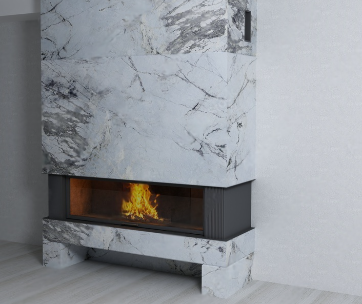
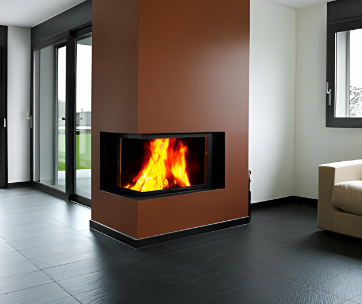
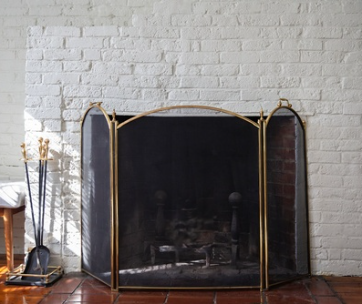
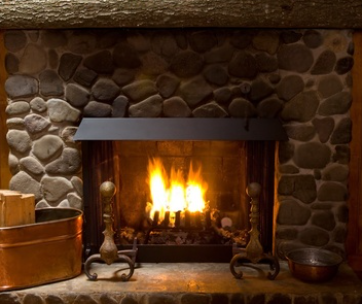


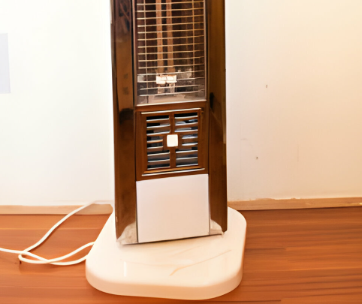
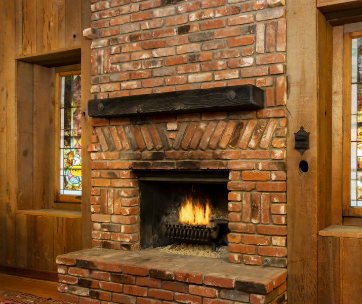
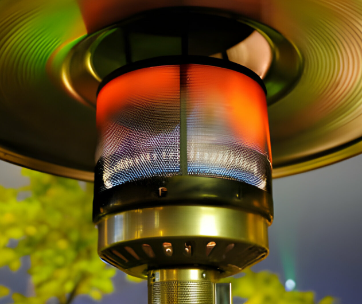
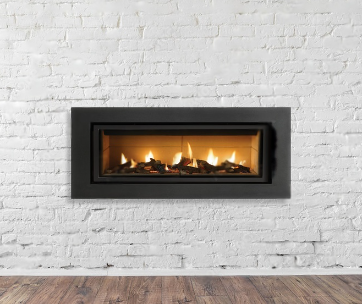
Comments